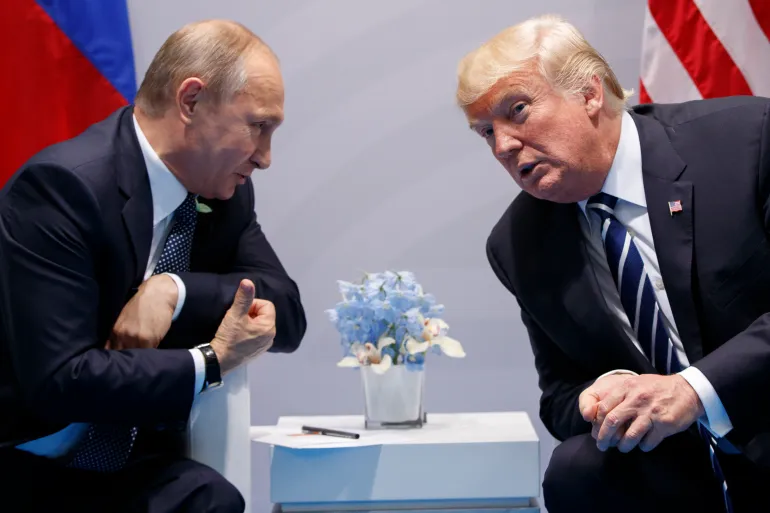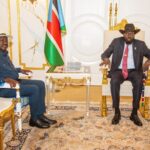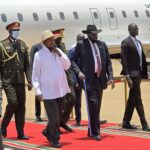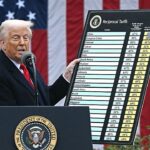The Kremlin has sought to minimize rising tensions between Russian President Vladimir Putin and former U.S. President Donald Trump following Trump’s sharp criticism of Putin’s stance on Ukraine.
Kremlin spokesman Dmitry Peskov emphasized ongoing diplomatic efforts, stating, “We continue working with the U.S. side, first of all, on building our relations,” while confirming no immediate plans for a direct conversation between the two leaders.
Trump, who had previously refrained from direct criticism of Putin, expressed anger over the Russian president’s suggestion that Ukraine should establish an interim government under UN supervision, potentially replacing President Volodymyr Zelensky. In an NBC News interview, Trump described Putin’s remarks as an attack on Zelensky’s credibility and warned of severe economic consequences, including a 50% tariff on nations purchasing Russian oil if Putin did not agree to a ceasefire.
The shift in Trump’s rhetoric marks a notable escalation, as U.S. and Russian officials have been engaged in talks for weeks to negotiate a resolution to the war in Ukraine. Until now, Trump had often directed criticism at Zelensky rather than Putin. Russian state media, which has typically portrayed Trump favorably, reacted with some unease, with pro-Kremlin newspaper Moskovsky Komsomolets accusing Trump of failing to prevent Ukrainian strikes on Russian energy infrastructure.
Peskov downplayed the situation, suggesting some of Trump’s statements had been “paraphrased” inaccurately in Western media. However, with Trump now signaling a willingness to challenge Russia’s position more aggressively, the future of U.S.-Russia relations remains uncertain, particularly as negotiations over Ukraine remain deadlocked.







